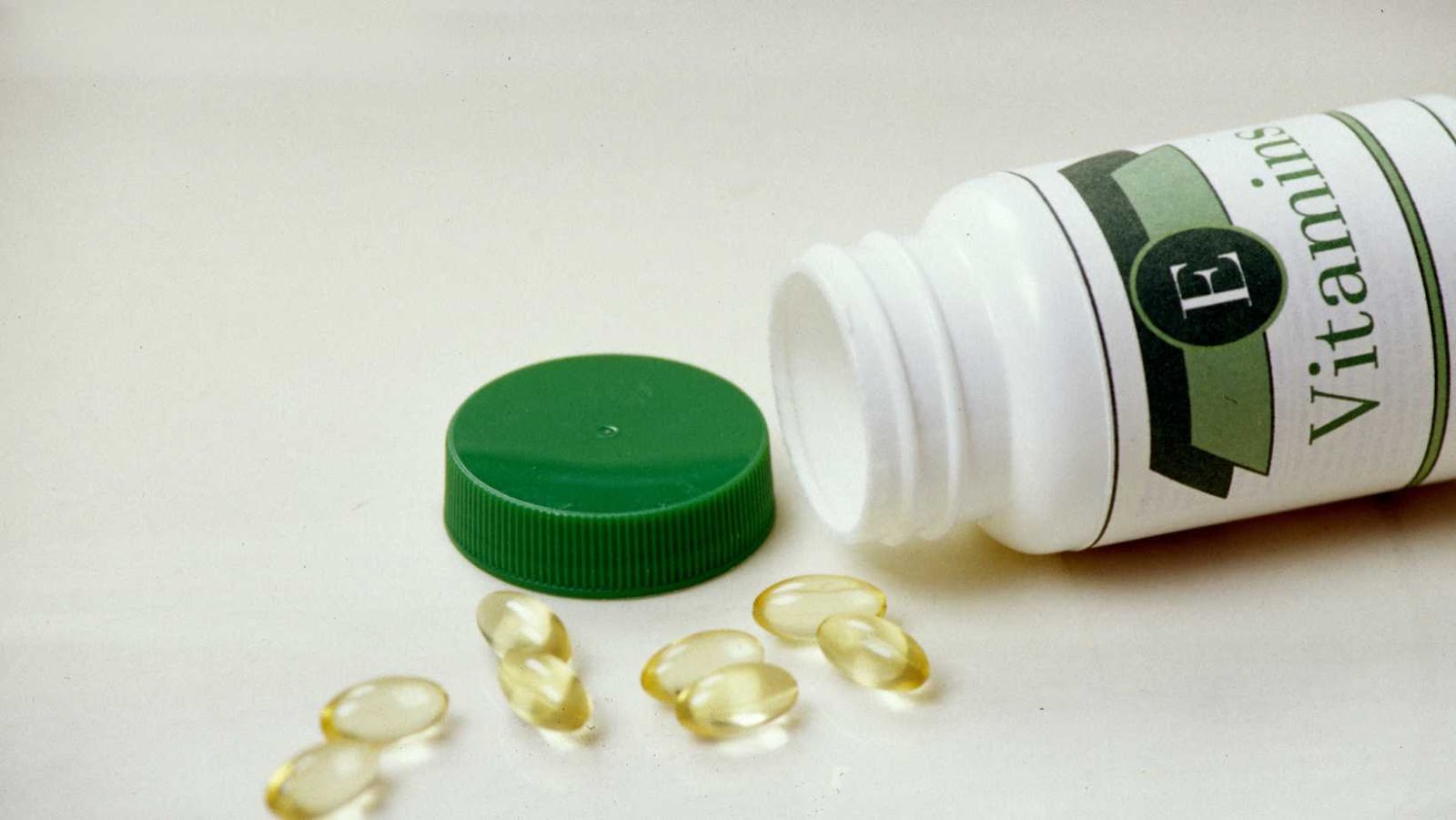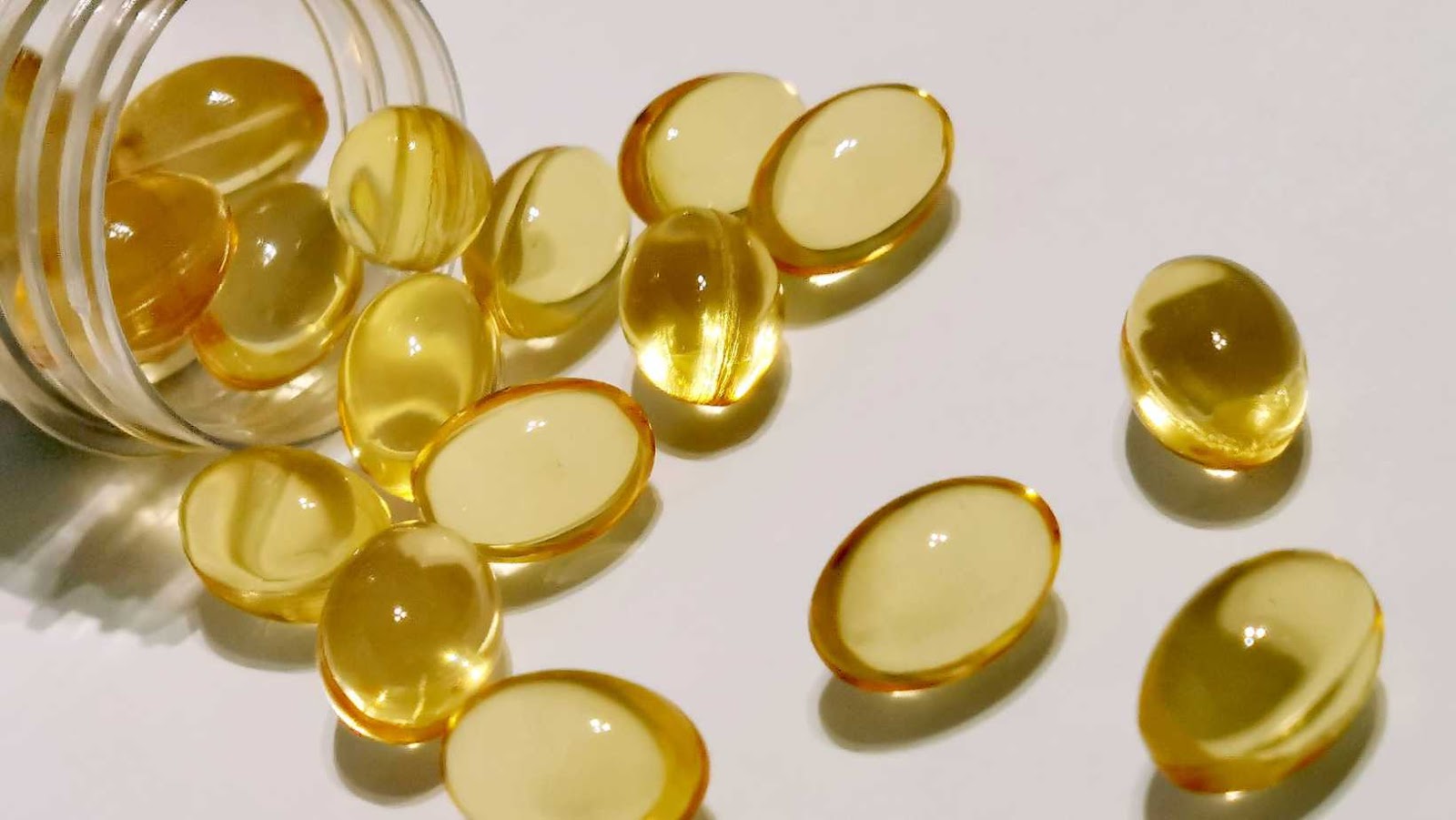Do you have skin concerns and wonder if Vitamin E oil is the answer? You’re not alone. Many people have questions about Vitamin E oil, such as how to use it safely and if it really helps the skin.
In this article, you’ll get answers to your questions about Vitamin E oil and your skin.
Introduction to Vitamin E Oil
Vitamin E oil is a natural, nutrient-dense oil that provides a range of skincare benefits, including reducing inflammation, improving skin elasticity, and preventing or reducing the appearance of scars.
Can You Put Vitamin E Oil on Your Face?
Yes, you can use Vitamin E oil on your face. Vitamin E oil can provide deep moisture to the skin, keep it hydrated, and helps prevent the signs of ageing like fine lines, wrinkles or age spots. However, as with any new skincare product, it is advisable to do a patch test and consult with a dermatologist to ensure that Vitamin E oil won’t cause any adverse reactions. To effectively use Vitamin E oil in your skincare routine, add a few drops to your regular moisturizer, or massage directly onto your face, focusing on target areas like fine lines and wrinkles. Pro Tip- Do not use Vitamin E oil on your face if you have oily or acne-prone skin as it can block your skin’s pores, causing breakouts.
Benefits And Uses of Vitamin E Oil
Vitamin E oil is a versatile and nutrient-packed oil that offers numerous benefits for skin health and beauty. Here are some common questions about using Vitamin E oil on your face:
| Can you put Vitamin E oil on your face? |
| Yes, Vitamin E oil is safe and beneficial to use on your face. It has anti-inflammatory effects, helps to retain moisture in the skin, fades scars and dark spots, and protects the skin from UV damage. |
| What are the benefits of using Vitamin E oil on your face? |
| Vitamin E oil is an antioxidant that helps to neutralize free radicals and protect the skin from damage caused by environmental stressors like pollution and UV rays. It also helps to improve skin texture, tone, and firmness, and reduces the appearance of fine lines and wrinkles. |
| How should you use Vitamin E oil on your face? |
| You can apply Vitamin E oil directly to your skin or add it to other skincare products like moisturizers, serums, or masks. It’s best to use a small amount of Vitamin E oil, especially if you have oily skin, as it can be heavy and greasy. Apply the oil to clean, dry skin and massage gently until fully absorbed. |
Pro tip: Always do a patch test before using Vitamin E oil on your face to check for any potential allergic reactions.
 |
Is Vitamin E Oil Safe For Skin?
Vitamin E oil can be generally safe for the skin, but there are a few things to consider before applying it to your face.
Here are some common questions and answers about using Vitamin E oil on your skin:
| Q | A |
| Can I put Vitamin E oil on my face? | Yes, you can. Vitamin E oil is known for its moisturizing and nourishing properties and can be applied to the face to help reduce dryness, irritation, and the appearance of fine lines and wrinkles. |
| Is Vitamin E oil safe for all skin types? | While Vitamin E oil is generally safe for most skin types, it may cause irritation or allergic reactions in some people. To avoid this, always do a patch test before applying the oil to your face. |
| Can Vitamin E oil help heal scars? | Yes, Vitamin E oil is believed to help heal scars by moisturizing and repairing the skin. However, more research is needed to confirm its effectiveness. |
| How should I apply Vitamin E oil to my face? | You can apply Vitamin E oil directly to your face or mix it with your favorite moisturizer or other oil. Use a small amount and massage it into your skin in circular motions. |
Pro tip: If you have sensitive skin or are prone to acne, it’s best to consult with a dermatologist before using Vitamin E oil on your face.
How to Use Vitamin E Oil on The Face
Vitamin E oil is a versatile, natural ingredient that offers many benefits when used on the face. It is a powerful antioxidant that helps to protect your skin from free radicals, prevent premature aging, and reduce skin inflammation.
To use vitamin E oil on your face:
| Start with a patch test to ensure you are not allergic to the oil. |
| Wash and exfoliate your face to ensure that the oil can penetrate your skin. |
| Gently massage a drop or two of vitamin E oil into your skin, focusing on areas that need extra nourishment, such as around the eyes or mouth. |
| Allow the oil to absorb into your skin for 15-20 minutes before applying your regular moisturizer or makeup. |
| Pro tip: While vitamin E oil is generally safe for most skin types, it is recommended to speak with a dermatologist before using any new product on your face. |
What Are The Side Effects of Vitamin E Oil?
Vitamin E is a potent antioxidant that provides a wide range of skin benefits when used topically. However, it is essential to be aware of the potential side effects of using Vitamin E oil on your face before incorporating it into your skincare routine.
| Side Effects | Details |
| Skin irritation | Vitamin E oil can cause skin irritation, including redness, itching, and inflammation in some people, particularly those with sensitive skin. |
| Acne | Vitamin E oil can clog pores, leading to breakouts and acne in some people. |
| Allergic reaction | In rare cases, Vitamin E oil can cause an allergic reaction, resulting in hives, swelling, and difficulty breathing in severe cases. |
So, before applying Vitamin E oil on your face, make sure to do a patch test and check if it suits your skin. Also, consult your dermatologist if you have sensitive skin or are prone to allergic reactions.
Is Vitamin E Oil Good For Acne?
Vitamin E oil has long been touted as an effective treatment for acne, but does it really live up to its hype?
While Vitamin E oil has numerous benefits for the skin, there is no definitive evidence to support its effectiveness against acne. Some studies have shown that Vitamin E oil may actually exacerbate acne by clogging pores and causing breakouts. Nevertheless, Vitamin E oil may provide some benefits for the skin such as moisturizing, reducing inflammation, and improving the overall appearance of the skin. If you decide to use Vitamin E oil for acne treatment, make sure to do a patch test first to ensure that you don’t have an allergic reaction to the oil. Additionally, use a high-quality and pure Vitamin E oil without any added chemicals or preservatives.
In conclusion, while Vitamin E oil may provide some skin benefits, there is insufficient evidence to support its effectiveness as an acne treatment. It is always best to consult with a dermatologist for personalized acne treatment recommendations.
| Fact- Vitamin E oil may exacerbate acne by clogging pores and causing breakouts. |
Pro tip- Always do a patch test before applying any new skincare product on your face.
 |
What Are The Best Vitamin E Oils For Face?
Vitamin E oil is a popular skincare ingredient known for its nourishing and healing properties. Here are some of the best Vitamin E oils for your face:
| Product | Description |
| The Body Shop Vitamin E Overnight Serum-in-Oil | This serum contains a blend of Vitamin E and natural oils to hydrate and rejuvenate the skin. |
| Jason Vitamin E Oil | A pure and potent Vitamin E oil that helps to soothe dry and damaged skin. |
| Kate Blanc Vitamin E Oil | Made with organic ingredients, this oil is rich in antioxidants and helps to soften and brighten the skin. |
| Josie Maran Argan Oil + Vitamin E | This oil is a blend of argan oil and Vitamin E, which helps to nourish and protect the skin from free radicals. |
| Burt’s Bees Vitamin E Oil | This nourishing oil is enriched with sweet almond oil and Vitamin E and helps to moisturize and tone the skin. |
Pro Tip: When applying Vitamin E oil to your face, make sure to use a small amount and massage it gently into your skin. It’s always best to do a patch test first to ensure that your skin does not have an adverse reaction to the oil.
Conclusion
In conclusion, Vitamin E oil is a versatile and beneficial ingredient for your skincare regimen. It helps to moisturize and nourish your skin, reduce the appearance of scars and fine lines, and protect your skin from environmental stressors. You can safely and effectively use Vitamin E oil on your face by applying 2-3 drops of it to your face and massaging it in gentle circular motions. However, it is best to do a patch test first to ensure that you are not allergic to this oil. Also, be sure to choose high-quality Vitamin E oil and to store it in a cool and dry place to prevent oxidation.
If you have any concerns or questions about using Vitamin E oil for your skin, it is best to consult with your dermatologist.
